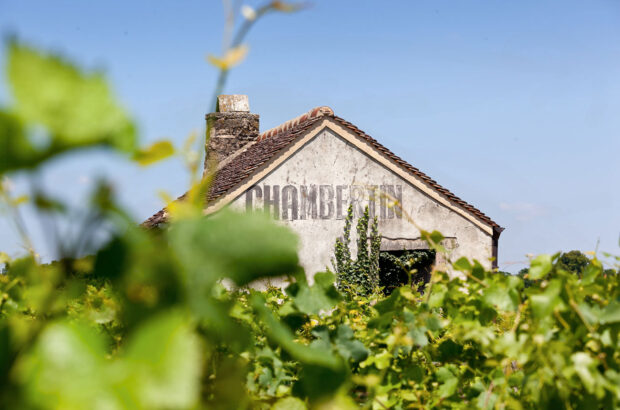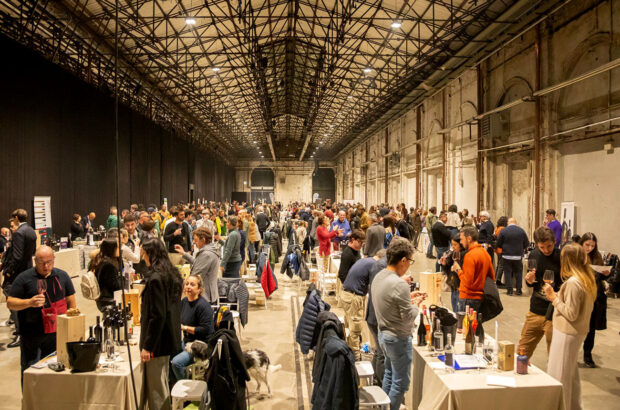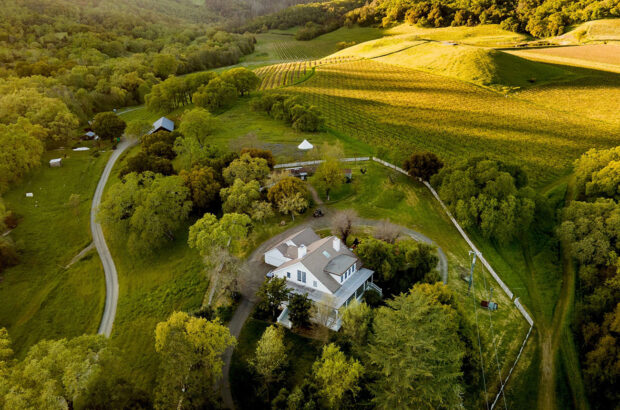This year's Decanter World Wine Awards International Trophy for the Best in Show Sparkling under £15 went to Cruzat, Cuvée Réserve Rosé Extra Brut, Argentina NV (12.5%)
Tasted against:
- Tesco Finest, 1531, Blanquette de Limoux, France 2011
Profile:
This Trophy was reduced to a two-horse race between the New World and Old World. It was the former that triumphed, with this wonderful sparkler crafted from two of the three classic Champagne grapes, and coming from a relatively new venture that’s a meeting of minds from the worlds of wine and business.
Cruzat was established in 2004 by Argentinian agricultural engineer and winemaker Pedro Federico Rosell in conjunction with a group of Chilean businessmen, with the express objective of producing top-flight South American sparkling wines. Cruzat selects its fruit from two locations, with the value Clasico range being sourced in Luján de Cuyo and its Reserve range, such as this, from Tupungato in the Uco Valley, from vineyards planted at a dizzying 1,000m to 1,300m altitude.
Uco Valley is a fertile region based on alluvial soils, with little rainfall and almost daily frosts between June and August. The average annual temperature here is 14°C, though the overnight chill from the significant diurnal temperature variation lends the freshness and structure that are so essential for refined sparkling wines.
Pinot Noir makes up 90% of the blend here, with the balance being Chardonnay. Both are picked in the second week of February and undergo a gentle pneumatic pressing, with the Pinot element given an eight-hour skin contact to give the future rosé its salmon-pink colour and tropical fruit character. Alcoholic fermentation takes place in stainless steel tanks, where the base-wine is aged for 18 months prior to a traditional, second fermentation in the bottle and 24 months on lees. The result is full-bodied, with soft, refined tannins and hugely attractive fruit. A natural partner for game, hare and all manner of hearty Argentinian fare.
Impressive results from a winery still increasing its production: it has a current capacity for 150,000 litres, and a medium-term aim of doubling this.
See the full information about this wine
Written by Decanter







